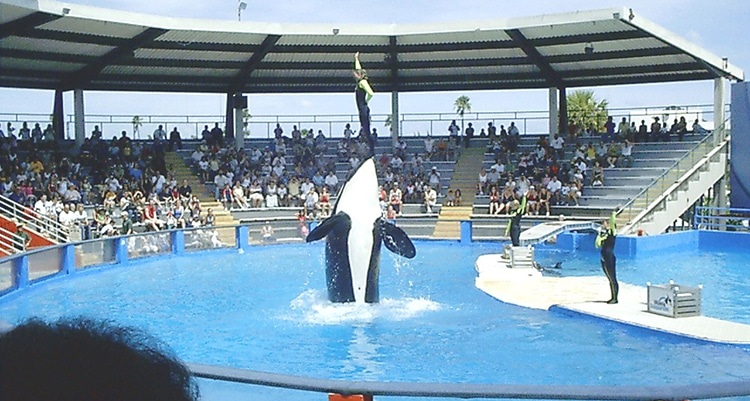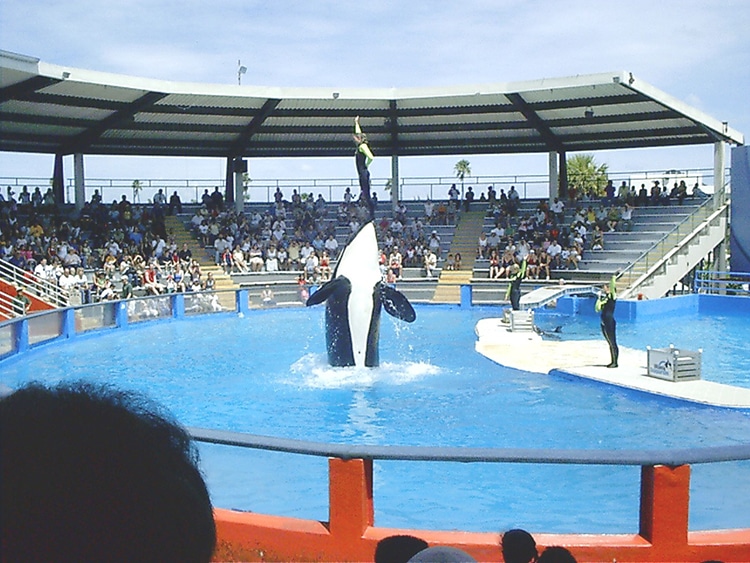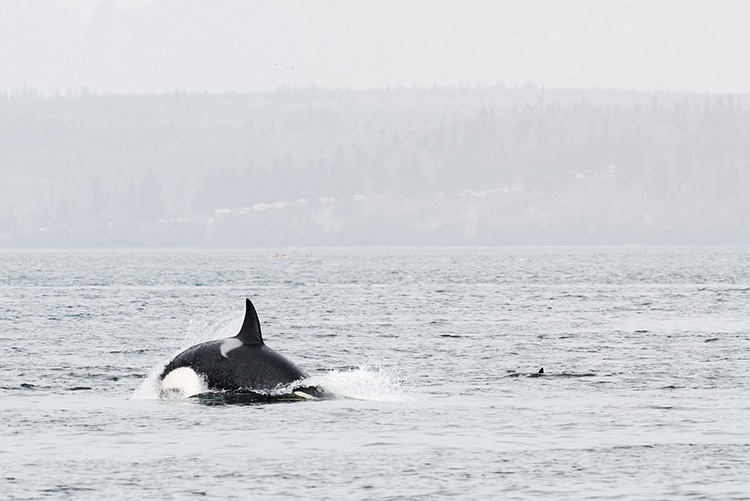
If you went to a large aquarium a decade ago, such as SeaWorld or the Miami Seaquarium, you probably remember seeing orcas, also known as killer whales, perform. However, animal advocates, Indigenous activists, and others have pushed to end the harmful practise of confining these massive whales in small pools and forcing them to perform for crowds. In this ongoing crusade, there is some good news. Lolita, the Miami Seaquarium’s resident geriatric orca, may soon be released into the Salish Sea, where her mother still swims.
Lolita’s possible return home has been a long time coming. The massive mammal was captured in the Salish Sea, a body of water off the coast of Washington that is home to killer whale pods. She was kidnapped at the age of four and has been held captive in Miami for the past 52 years. Her tank is the smallest among captive orcas in the United States. For decades, she has been forced to perform in front of large crowds. According to a recent USDA report, this has resulted in injuries. She had a concussion while performing “fast swims,” and her bloodwork was abnormal.

Whales kept in captivity can suffer from serious health problems. Lolita, also known as Tokitae or Toki, lived longer than her tankmate Hugo. He died as a result of an aneurism caused by hitting his head on the aquarium’s walls. “She’s a miracle every day,” Howard Garrett, an Orca Network whale researcher and activist, told The Guardian. “She is still alive despite all odds.” I believe her mental health is what keeps her physical health in good shape. She isn’t withdrawn or neurotic, and she doesn’t exhibit any of the stereotypical behaviour associated with captivity. She could be an outlier in her ability to stay healthy.”
According to the USDA, Lolita may not be getting enough food and water. This just adds to the list of health issues that can arise in captivity. Her chances of release have improved as a result of a change in ownership. Activists who have been campaigning for decades may finally see Lolita return to the Salish Sea, where her mother, L25 or “Ocean Sun,” leads a pod. The International Marine Mammal Project, for example, advocates for returning these magnificent creatures to their natural habitat as a humane solution. It is also critical to recognise Indigenous peoples’ connection to orcas and work to restore what has been taken.
Lolita, also known as Tokitae or Toki, is a geriatric orca whale who has been imprisoned and forced to perform at the Miami Seaquarium for many years.
Lolita may soon be released back into the Salish Sea, where her mother still roams, thanks to activists and USDA reports.

h/t: [People]

How is she gonna survive out in the ocean after being in a confined space for most of her life? Do whales in captivity know how to hunt and interact with other whales in pods? Will her mother know her?